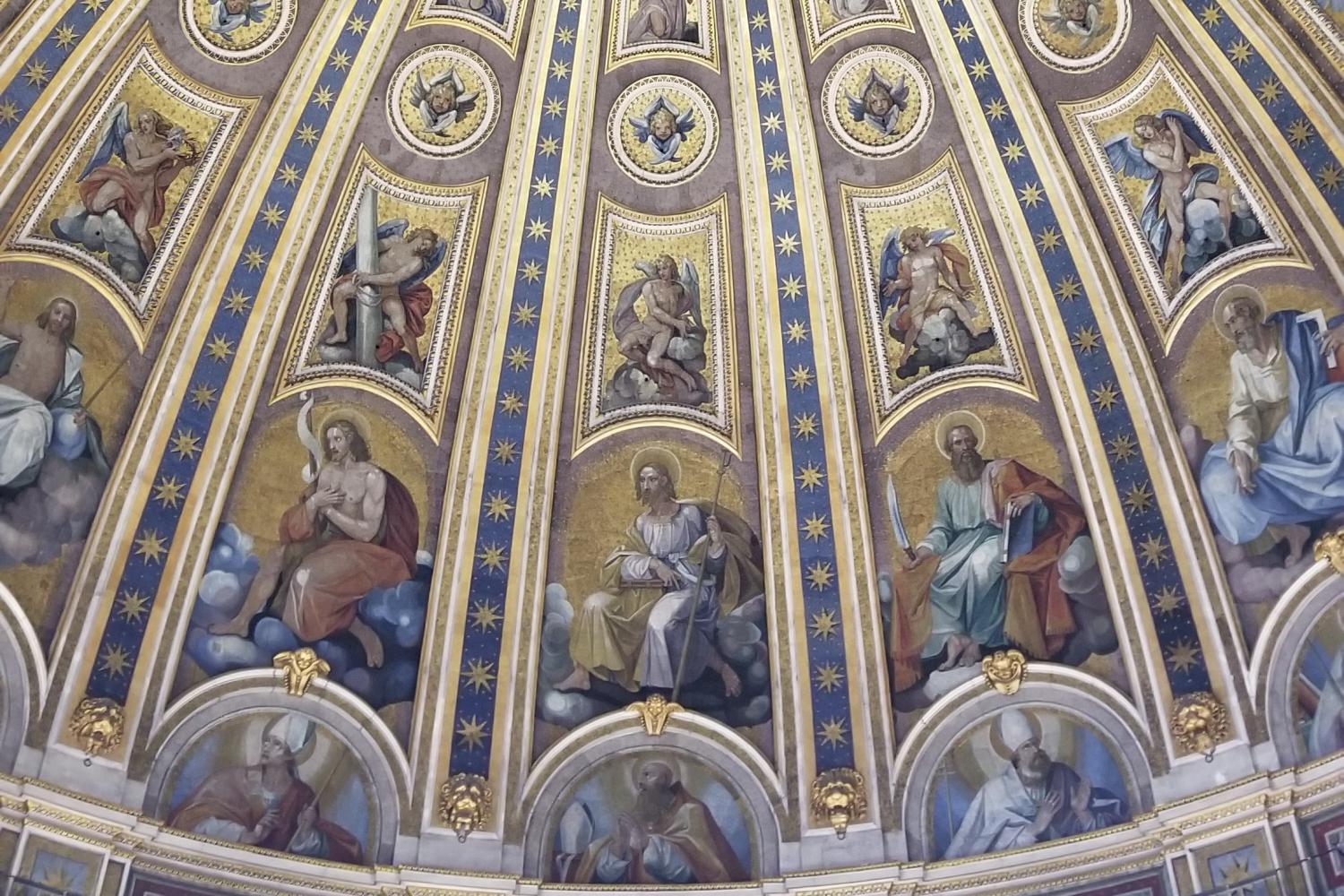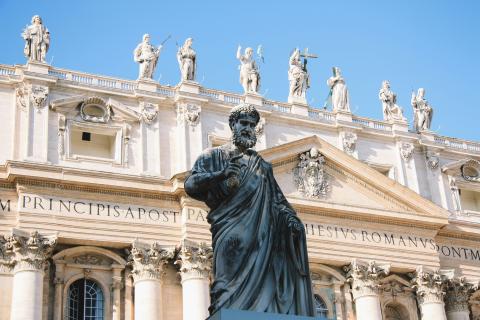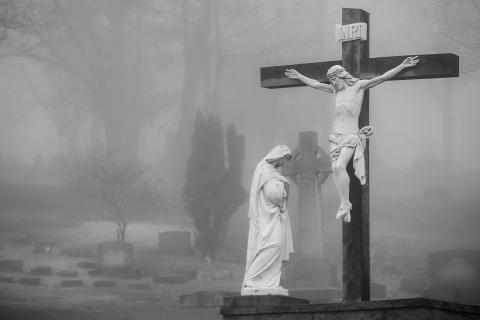
This week, Pope Francis will name 21 new cardinals, 18 of whom will be eligible to vote in a conclave should it happen before they turn 80. This will also be happening just before the Synod on Synodality occurs in early October.
Referring to the cardinals-elect, Pope Francis said, “Where they come from expresses the universality of the Church, which continues to proclaim the merciful love of God to all people of the earth,” further explaining that, “the insertion of the new Cardinals in the Diocese of Rome, manifests the inseparable bond between the See of Peter and the local Churches spread throughout the world.”
The cardinalate is itself an interesting reality. It is neither essential to the faith nor sacramental, like bishops or priests. The cardinals assist the Pope in the munus, or charism, of governing the Church. In previous times they were more locally Italian; now they are more representative of the global Church. However, they are not like representatives in Congress or the United Nations who, while concerned with the whole, are more particularly concerned with obtaining favors for their local constituencies. Rather, the cardinalate is an expression of the remarkable governance structure of the world’s oldest functioning institution. In a world that seeks so rapidly to centralize authority, the Church continues to maintain a balancing tension that weighs the administration of God’s authority and spiritual goods, along with temporal affairs, with a clear structure that is also firmly local. While the global-local balance heaves and adjusts over the centuries in different ways, the corrective structure enables it to be nimble and adaptive.
The Church represents the Pentecost moment where the nations are reunited from the dispersion of Babel, established on the Rock of Peter and yet also intensely regional. It’s as if Jesus knew what he was doing when he established the Church.
French philosopher Blaise Pascal famously claimed that “The sole cause of man’s unhappiness is that he does not know how to stay quietly in his room.” Many of us would agree with this statement, but don't know what to do next. In a brief podcast episode, Bishop Barron explores why we love our distractions and how we can begin to learn the art of silence.
Philosophy begins in wonder. But what comes from the loss of wonder? One essayist offers a simple response: secularism.
In southern Mexico, a bishop has spoken out against violence committed by criminal elements, shining a spotlight on the power of organized crime in that country. With limited government assistance to impacted residents, the Church has committed to providing aid.
Christian leaders in India recently met with a government commission established to assist minority groups, but reportedly left the meeting with little hope that the government would address the ongoing persecution of Christians across the country.
Finally, in his most recent Wednesday audience, Pope Francis called for a restoration of hope in Europe: “Our societies, many times sickened by individualism, by consumerism, and by empty escapism, need to open themselves, their souls, and spirits need to be oxygenized, and then they will be able to read the crisis as an opportunity and deal with it positively.”


